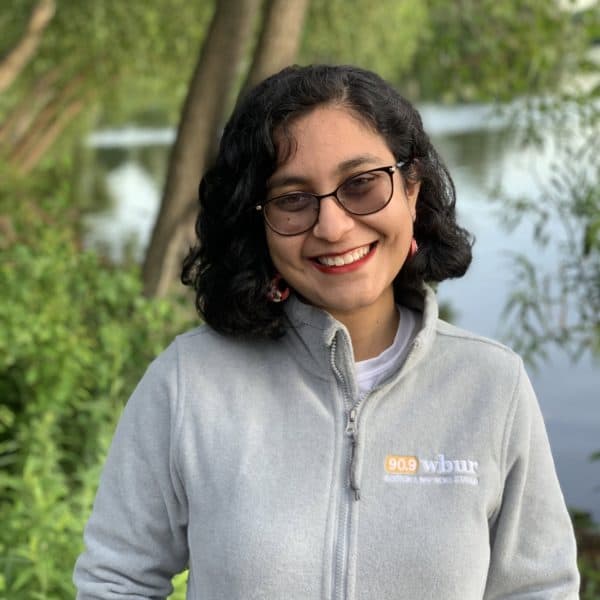Advertisement
Civil Rights Act turns 60: Reflecting with a prominent activist from the movement
Resume
The Civil Rights Act — the landmark law prohibited discrimination based on race, color, religion, sex or national origin — passed 60 years ago.
During the Civil Rights Movement, Elaine Lee Turner and her sisters participated in pickets, protests and sit-ins. They were part of the 1966 March Against Fear, and earned the moniker "the most arrested family in the Civil Rights movement."
Though the Civil Rights Act was historic, problems of inequality persist in the U.S. today, Turner says.
“There has been a regression over the years, over the last 60 years,” she says. “So I do reflect on it with some disappointment because so many rights are being denied even today in 2024. I'm not pleased with what I see as the trend of the country.”
3 questions with Elaine Lee Turner
What motivated you to become involved in the Civil Rights Movement?
“Living with segregation is a constant, I guess you should say a cloud over your existence.
But that was the law, and we had to abide by those laws. So we couldn't just walk up into a white school and register. That just would have been unheard of during that time. And so we would have to get the city bus to travel to our school at our parents’ expense every day going back and forth.
“It was costly. It was demeaning. And so when we had the opportunity to make some changes, then it was a given that we would be a part of making those changes.”
What do you remember from the March Against Fear, where civil rights activist James Meredith was shot?
“We heard that he had been shot down, of course. We were all shocked with that. But knowing what the South was like then, it was not uncommon.
“When Dr. King called for others to come and march into Jackson, Mississippi, we knew that we had to be a part of that.
“James Meredith being shot in no way limited what I was committed to do, and the rest of my family. It made us more determined … we had been in the struggle for six years already with marching and sitting in and getting arrested and picketing and whatever it took.
“In 1966, I suppose we were veterans. So we just joined right in. That was what we were supposed to do: to erase all vestiges of discrimination and segregation. Some laws had been changed as a result of our activism. And so we felt that this was just another battlefront. We had to be right there on the front lines, doing our part to make those changes.”
What would you say to young people just now entering this fight for equality?
“It’s a continuation of the struggles of our ancestors from slavery, being kidnapped from their — as far as African Americans — from their motherland, going through the horrors of slavery, the Jim Crow era, and all of that that followed.
“Someone made some sacrifices. Someone Stood up and challenged the injustices in this country. For today, young people, when they see injustices, they need to speak up. They need to stand up. They need to protest and demand that the United States live up to its creed that all men are created equal, endowed by their creator with certain unalienable rights, and that's life, liberty and the pursuit of happiness. And you cannot do that with all these restrictive laws because of race.
“Their job is to continue that struggle until the constitution does mean everybody is created equal.”
This interview has been edited for clarity.
Kalyani Saxena produced and edited this interview for broadcast with Todd Mundt. Grace Griffin adapted it for the web.
This segment aired on July 2, 2024.

